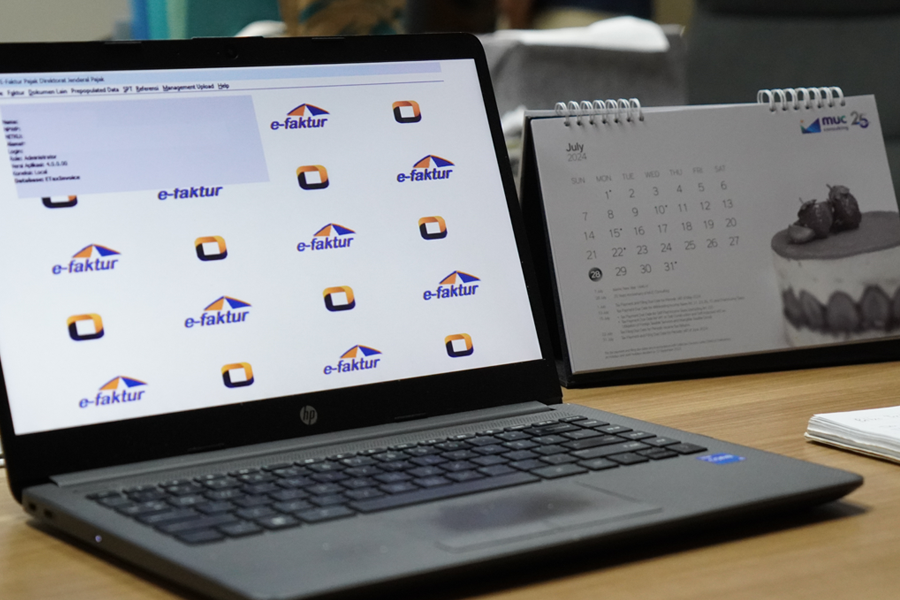DGT Regulates Deactivation of Access to Create Tax Invoices

The DGT is closing loopholes in the issuance of unauthorized tax invoices. This is done by introducing a mechanism for deactivating access to issue such invoices.
An unauthorized tax invoice refers to one that is issued or used without any actual underlying transaction.
Also included under unauthorized tax invoices are those issued by businesses that have not been confirmed as VAT-registered persons.
The mechanism for deactivation of access is detailed in DGT Regulation No. PER-9/PJ/2025, which took effect as of May 22, 2025.
In fact, similar provisions were previously regulated under DGT Regulation No. PER-19/PJ/2017, as amended by PER-16/PJ/2018.
However, both of these regulations only addressed the suspension status designation for taxpayers suspected of issuing unauthorized tax invoices.
Deactivation Based on Tax Intelligence Findings
PER-9/PJ/2025 outlines the steps that will be taken by the DGT, as the authorized body, to deactivate access for creating tax invoices:
First, DGT’s tax intelligence officers will conduct intelligence activities on taxpayers suspected of issuing or using unauthorized tax invoices.
Second, the findings from these intelligence activities will be followed by further development and analysis based on the following criteria: the existence and reasonableness of the business location, and the consistency of the business activities.
Third, if the analysis reveals discrepancies, access to issue tax invoices will be deactivated.
Fourth, the DGT will also analyze the input VAT crediting by taxpayers suspected of using unauthorized tax invoices.
Fifth, if the analysis shows that the taxpayer has credited input VAT from unauthorized tax invoices, deactivation will also apply to the user.
Sixth, the DGT will notify both the issuer and the user of the access deactivation. From the date of this notification, the taxpayer will no longer be able to issue tax invoices.
READ: Promoting Tax Compliance Through Prize Lotteries: Is It Feasible in Indonesia?
Taxpayer's Right to Clarify Access Deactivation
Taxpayers have the right to provide clarification regarding the deactivation of access to create tax invoices. The clarification must be submitted in writing to the Head of the DGT Regional Office.
The clarification document must, at a minimum, include the following information:
- Reference number and date of the clarification letter or document
- Addressee, which is the Head of the Regional Tax Office (Kanwil DJP), overseeing the Tax Office (KPP) where the taxpayer is registered
- Taxpayer identity, including that of the management and/or responsible parties
- Explanation regarding the clarification being submitted
The clarification letter must include the following supporting documents:
|
Individual Taxpayers |
Corporate Taxpayers |
|
|
Subsequently, within a maximum of 30 days from the date the clarification documents are received, the Head of the Regional Tax Office (Kanwil DJP) must decide whether to approve or reject the clarification.
If the clarification is approved, the taxpayer’s access to issue tax invoices will be reinstated. However, if the clarification is rejected, the VAT-registered person (PKP) status will be revoked. (ASP/KEN)


